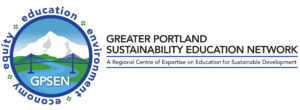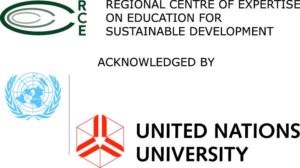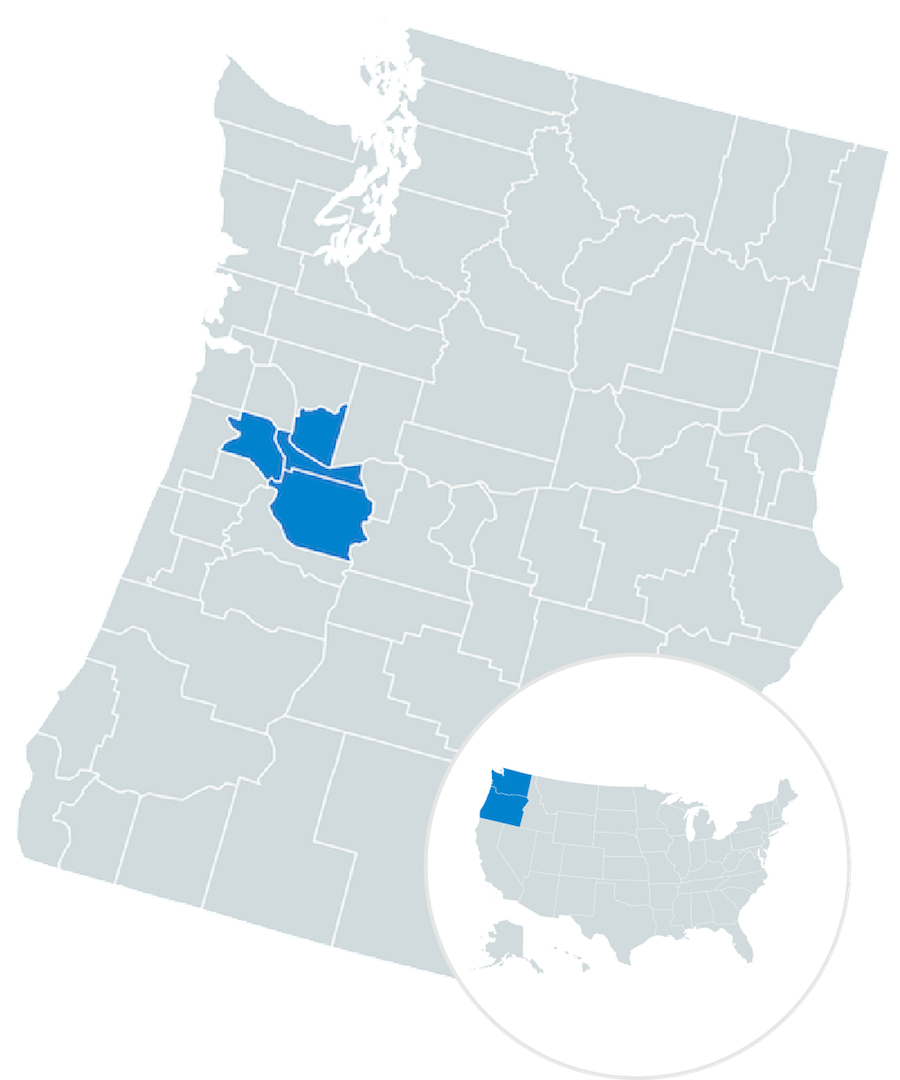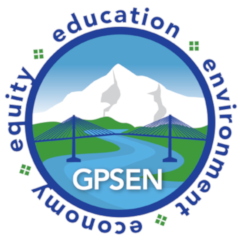Greater Portland Sustainability Education Network


Our Mission
GPSEN connects diverse organizations in a collaborative network that multiplies our collective capacity to educate, empower, and engage each other to help create a healthy, just, and thriving region where education for sustainability is prioritized and integrated across sectors and everyone has opportunities to shape a sustainable future.
Acknowledged as a Regional Center of Expertise on Education for Sustainable Development by United Nations University, in 2013, we serve Clackamas, Clark, Multnomah, and Washington counties in Oregon and Washington.
As a multi-sector network of educators, students, non-profits, political and industry leaders, civic organizations, and community members, we welcome the engagement of all who feel called to make a difference through the power of collective impact and education for sustainable development.

Our Values
Sustainability
Systems-based approach focused on people, planet, prosperity, peace, and partnership
Environmental Justice and Equity
Creating and honoring diverse, healthy, and thriving communities
Inclusive Participation
Working together to ensure and engage a resilient and vibrant region
Transformative Learning
Varying ways of teaching, learning, and knowing
Innovation
Visionary processes, technologies, and solutions-based strategies
Transparency and Accountability
Open and honest in our governance and practices
Strategic Priorities and Highlights
- Educational programs, such as our Sustainability Symposium and Train-the-Trainer Workshops
- Developing partnerships and co-hosting community events
- Engaging community members in networking opportunities
- Fostering leadership skills through our Youth and College Networks
- Promoting events, resources, and outreach campaigns via our online GPSEN Regional Hub, newsletter, and social media
- Encouraging professional development with our GPSEN Interns and Fellows programs, including via collaborative research projects and our Think Tank
- Mapping and connecting organizations, groups, and businesses to ESD efforts and the SDGs
- Aligning governance with local, regional, national, and international sustainability initiatives, including the Sustainable Development Goals.
Review a summary of our 2019-2022 Strategic Plan.
Collective action and collaboration
In addition to our Board of Directors and Executive Director, GPSEN’s accomplishments are achieved by our four core committees, with teams of working group members, GPSEN Fellows, interns, and volunteers:
- Governance
- Outreach & Communications
- Research & Curriculum
- Programs & Events
We recognize and celebrate the many efforts and accomplishments of GPSEN and our many partners and volunteers.
Review a summary of our 2019-2020 Achievements.
To get involved in GPSEN, please click here.
_______________________________________________________________________________________________________________
Years in Operation
SDGs
Global RCEs
Frequently Asked Questions:
How does GPSEN define sustainability?
What is Sustainable Development?
What are Regional Centers of Expertise (RCEs) on Education for Sustainable Development?
Each RCE has four core elements:
- Governance: addressing issues of RCE management and leadership
- Collaboration: addressing the engagement of actors from all levels of formal, non-formal and informal education
- Research and development: addressing the role of research and its inclusion in RCE activities, as well as contributing to the design of strategies for collaborative activities, including those with other
- Transformative education: contributing to the transformation of the current education and training systems to satisfy ambitions of the region regarding sustainable living and livelihood.
Receive the latest opportunities and resources in sustainability education.
Our bi-monthly newsletter contains the latest updates to the Regional Hub and GPSEN programs.

